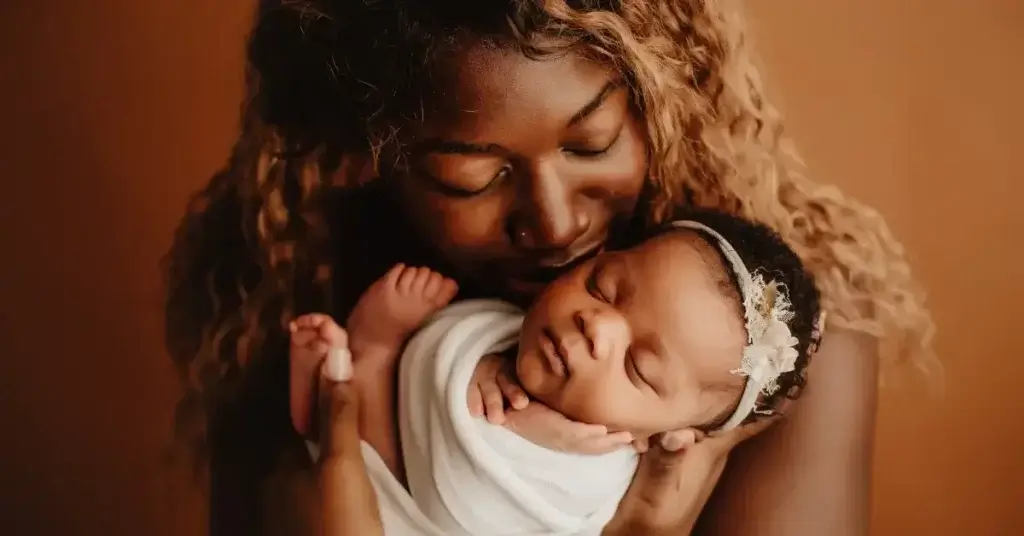Understanding Baby Blues and Postpartum Depression

Women with a history of depression have a much higher chance—up to 20 times more—of experiencing postpartum depression compared to those who haven’t. This shows just how much past mental health issues can affect well-being after childbirth.
Breast Engorgement

The good news about early postpartum engorgement, a.k.a breast engorgement, is it’s temporary, usually getting better by two weeks. Not all breastfeeding women face this issue, though—it varies from person to person.
